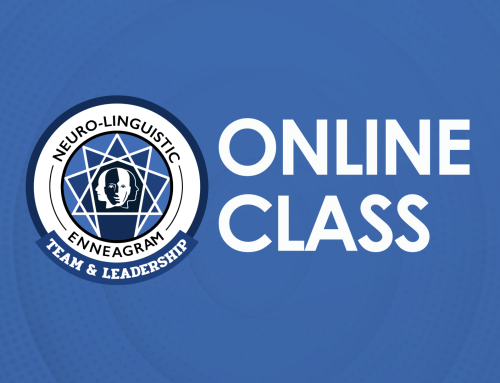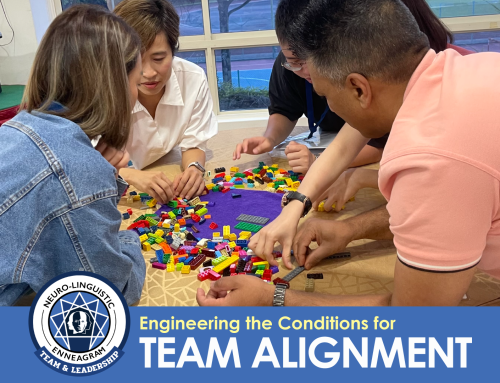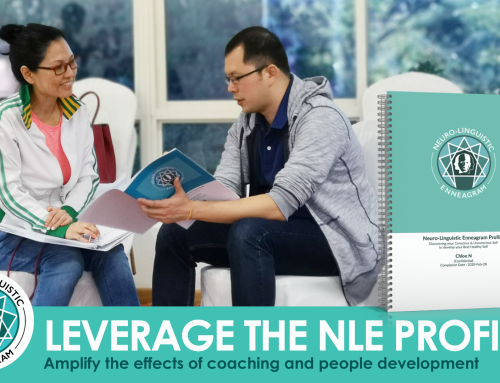During World War II, Sir Winston Churchill famously said: “If you are going through hell, keep going”. Today, we don’t need to re-live World War II to experience hell; we regularly go through it with tight deadlines, multi-tasking, demand for greater agility, doing more with less, working across time zones, collaborating with diversity of cultures and generations, multiple reporting lines, coping with disruptive technology & new media literacy—all at the same time!
This heaps more pressure on people, stretching relationships thin. Over the course of our adult lives, we spend approximately 25% of our time in a working environment where we strive to perform, produce and deliver. And yet, how much time do we really spend on performance and delivery? In my view, not much.
In fact, we spend more time building, managing and mending relationships. Activities such as networking, selling, customer service, managing suppliers, distributors, authorities, media, shareholders, investors, teams, peers and managing upwards are all about relationships.
In spite of this, people and organisations still underestimate the value and impact of strong relationships, and instead, focus on objectives, tasks and systems. And yet relationships matter more than ever!
A Harvard University study initiated in 1938 and spanning nearly 80 years concluded that healthy relationships are the key to leading a happy and meaningful life. Likewise, ‘healthy’ professional relationships enable sound performance and a happy and fulfilling work life. By healthy, I mean relationships based on mutual respect, trust and understanding.
The case for Relationship Coaching
For many people, including myself, relationships are possibly the most complex art to master. Many organisations are disrupted by poor relationships between people at various levels. The number 1 reason why people leave organisations is because of poor relationships – be it with the immediate supervisor, peers or even direct reports.
Best practices in Human Resources suggest that the cost of attrition for a staff member is about 3 x monthly basic salary and 6 x monthly basic salary for a manager. Imagine the hidden costs of attrition and reduced productivity caused by poor relationships.
Hence the importance of Relationship Coaching in organisations. It is about helping employees build and nurture healthy relationships.
Relationship coaching in practice
In practice, Relationship coaching starts with the most important of relationships. Actually, it starts with a simple visualization and a few questions:
Close your eyes, relax and take a deep breath. Ask yourself:
- Who is the most important person you need to influence?
- What is the outcome of a strong healthy relationship with that person?
- What is the positive impact from this relationship?
When I apply this exercise in relationship coaching, many people see their immediate supervisor (or the boss) as the most important relationship and main person to influence at work.
For me, the most important relationship to begin with is more profound: It’s the ‘Relationship with self’.
It involves expanding self-awareness and enhancing self-leadership to enable alignment and authenticity to emerge.
This includes coaching the person on elements such as: enhancing self-esteem, working on self-confidence, charting out one’s purpose, identity, values and beliefs, as well as identifying one’s strengths and the key skills to build.
I believe a healthy and strong ‘relationship with self’ is the foundation of leadership. In fact, Leadership starts with self. If you cannot lead yourself, how can you lead others? Once you fully master the notion of self-leadership, then it is much easier to build relationships with others and lead them.
When it comes to building healthy ‘relationships with others’, key elements include:
- Building a stakeholder map – which helps to identify key influencers; being clear on the relationships that matter in terms of importance and impact
- Building rapport through mutual trust, respect and empathy
- Learning to read & understand people (be it terms of traits, behaviours & cultural facets) and learning how to influence positively
- Developing the skillset of having open, frank and courageous conversations – (e.g. when and how to say “No”, how to give positive and instructive feedback)
This does take patience, time and practice, as it involves being non-judgemental and giving trust and respect before expecting same in return.
The one who exercises the greatest flexibility influences the most. In order to build positive relationships with others, it is your responsibility to be flexible to change, and make the extra effort to build and sustain a positive relationship.
Relationship coaching for the future
We are living in an unprecedented age. With increased longevity, more generations are working together than before. The challenge with the new generations is that their biggest relationship is with their smartphone screen. Hence, creating a major disconnect with people from other generations.
I firmly believe that with new generations joining the workplace (namely Generation Z), relationships will be virtual and physical. Hence, relationship coaching will become increasingly important in organisations.
All relationships go through hell… only strong, healthy ones get through it.
Relationship Coaching prevents organisations from losing key executives due to poor relationships with their bosses and colleagues. This is ONE key coaching scenario we’ll be covering in the ICI Executive Coach Certification—a programme for leaders, HR and Coaches who want to improve their value and create wins for organisations.
[inf_infusionsoft_inline optin_id=”optin_2″]






